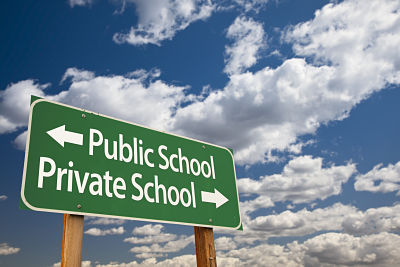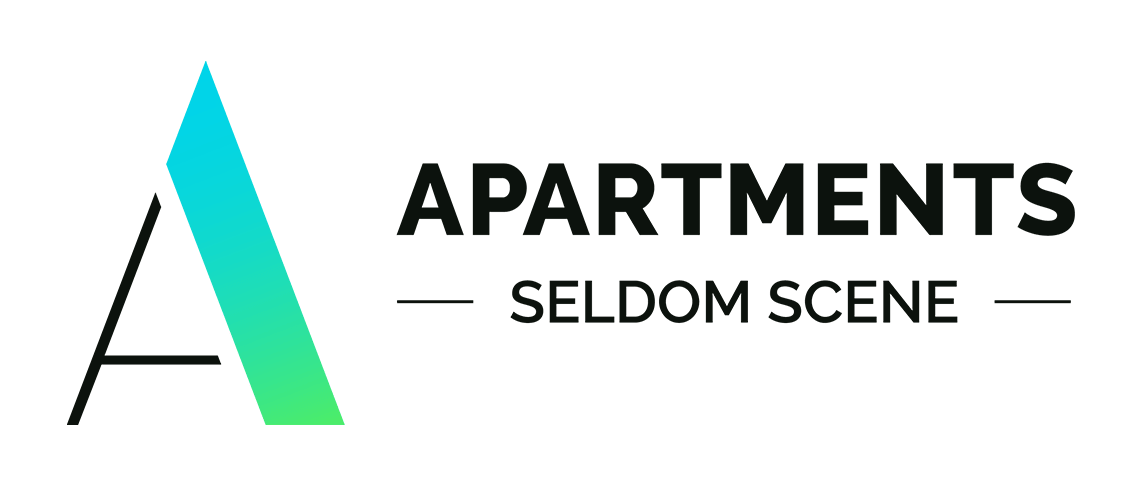The Benefits of Public vs. Private School for Children
One of the most important things for a child growing up is the education he or she receives. A school not only provides kids with the essential tools that are needed to live in our society, but it also gives them a social environment in which they learn how to cope with others. So, considering what school your child should attend is understandably a big choice – a potentially stressful one. If you’re struggling to decide whether to send your child to a public or private school, consider these factors.
The Benefits of Public Schools
While many people believe that private schools are automatically “better” than public schools for students, that isn’t necessarily true. In fact, from the point of view of the students, public schools have some advantages over private schools. Students at public schools learn to socialize with students of all backgrounds, which is, in a way, better training for the real world. Further, public schools almost always have extracurricular programs like sports, band, and clubs, which help students learn new skills and make new friends. Plus, public schools are held accountable by the government and the public, meaning that they must be up to a certain standard.
For parents, there are a few benefits to keeping their children in public schools. One of the biggest points is most likely that public schools are free to attend; there’s no need to worry about making tuition payments, which can be costly if a child attends private school. Also, parents won’t need to help out with any fundraisers unless they’re needed for extracurricular programs.
 The Benefits of Private Schools
The Benefits of Private Schools
The main reason parents choose to enroll their kids in private school is that, often, they’re thought to provide a higher standard of education than public schools. Because private schools are not beholden to the same regulations as public schools, private schools can use more experimental forms of education that might resonate better with the students. Plus, a smaller class size means that each student gets more attention.
Private schools also pose some benefits for the parents of attending students. For one, private schools usually allow parents to be more involved with their child’s education. Plus, private schools can also provide a greater sense of community for parents who are highly invested in the children and their educations. Each parent that sends his or her kid to private school is going be somehow vested in how the student does at school; parents want to be sure they’re getting their money’s worth, after all.
Other Things to Consider
It’s important to remember that not all schools are created equally, so the belief that private school is automatically better than public school isn’t necessarily true. Private schools–in their staff, their instruction methods, and in their funding–can all provide different, unique experiences, which may work for some kids and might not work for others. In addition, since private schools often depend on donations, rather than government funds, to function, there’s never a guarantee that they’ll stay open.
It’s clear that when choosing a school for your child, you’ll have to do a lot of research to find that perfect school, no matter if it’s a private or a public school. In any case, taking an active role in your child’s education is perhaps one of the best things you can do, and just taking a little initiative at this important early stage can make a huge difference.








My family recently moved and my husband and I are trying to find new schools for our kids. The choice is actually a lot harder than we’d anticipated! In our old area, private schools weren’t even an option. I really like what you said about private schools allowing parents to be more involved with their child’s education. What parent doesn’t want to be involved!? I know I sure do.